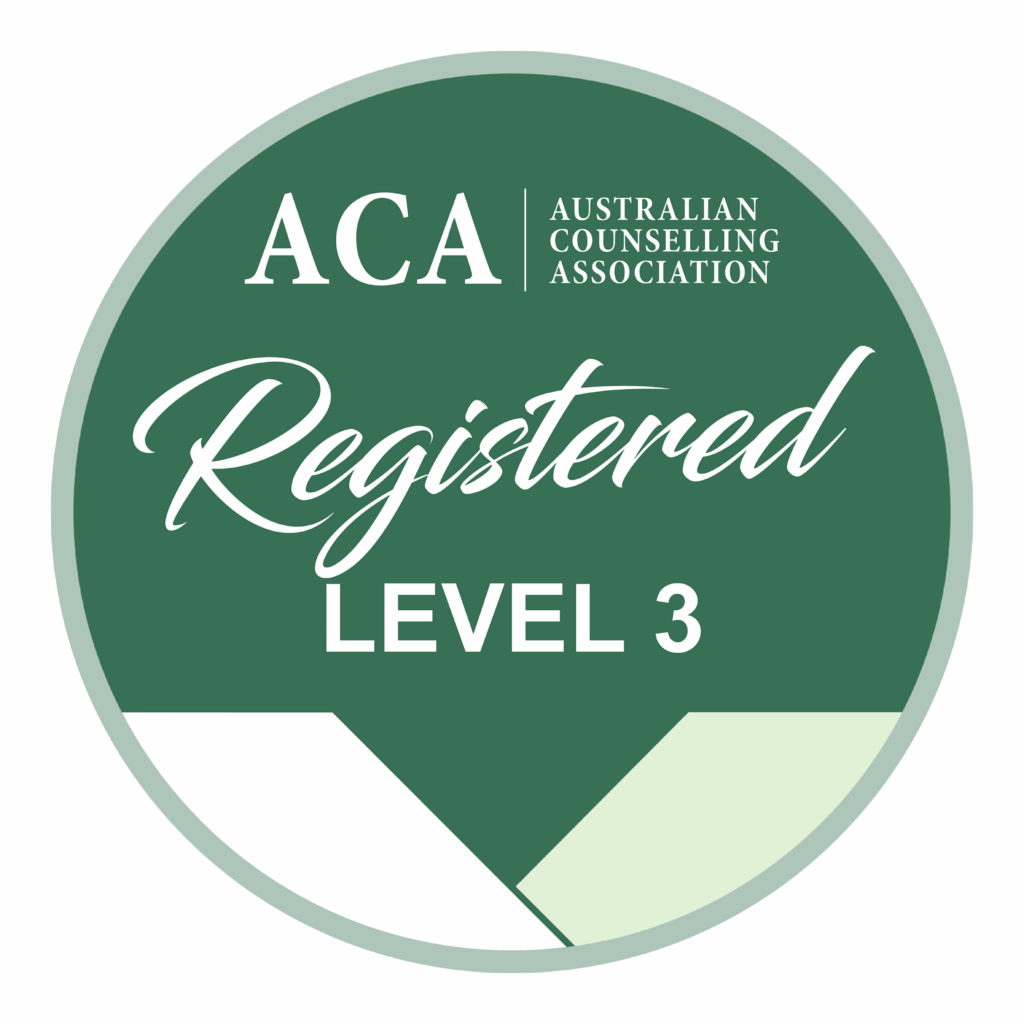Parenthood is a wild ride with highs and lows but raising a child with ADHD adds a unique and chronic layer of complexity to the experience. The demands of supporting a child with ADHD can lead to significant stress for parents. In this article, we explore the world of parent stress in the context of raising children with ADHD and the multifaceted challenges parents face, from the impact of stigma, to the ripple effects on marriage, employment, mental health, finances, social relationships, education, and siblings. We wrap up with some insights and strategies to help parents alleviate stress and cope better in day to day life.
Defining Parent Stress and ADHD
Parental stress is a distinct kind of stress that impacts the psychological wellbeing of parents. Parenting stress is a negative psychological and physiological response that arises when a parent perceives the demands of parenting as exceeding their resources for managing and coping. Whilst parental stress is normal, parents of children with ADHD endure significantly more parenting stress than parents of children who are neurotypical.
The Complex Stressors Faced by Parents of Children with ADHD
1. Impact of Stigma
Parents of children with ADHD are subject to societal stigma. Misconceptions about ADHD and harsh judgment from others can lead to feelings of shame, isolation and failure. This negatively impacts parents’ ability to reach out for the help and support they need. It also impacts parents’ confidence to participate and engage in their communities. Helping parents connect with other families with ADHD is an essential strategy for parent stress support.
2. Strain on Marital/Partner Relationship
Raising a child with ADHD can strain marital/partner relationships. The stress of managing a child’s challenging behaviors, combined with potential differences in parenting approaches and views on ADHD treatment, can lead to conflicts between partners. Open communication, counselling, and self-care are vital for maintaining a healthy marital bond.
3. Employment Challenges
The demands of caring for a child with ADHD can impact a parent’s employment. Frequent meetings with teachers, pediatricians, therapy sessions and other allied health professionals can place serious strain on a parents ability to fulfill employment obligations and performance. Chronic demands can leave parents with no choice but to leave jobs or change careers fueling resentment and anger.
4. Parent Mental Health
Constantly attending to a child with ADHD can take a toll on parents’ mental health. The dysregulated nature of ADHD, combined with the pressure to provide effective care, can lead to extreme mental exhaustion, anxiety and depression. Seeking therapy, practicing self-care, and connecting with support groups can help parents manage these challenges.
5. Financial Strain
Raising a child with ADHD often comes with financial implications. Costs related to doctors, therapy, medication, ADHD coaches and specialised education interventions can strain a family’s budget. ADHD is not included in the Australian NDIS program, despite it being the most common neurodevelopmental disorder, leaving parents spending thousands each year on medical and support fees.
6. Strained Social Relationships
Parents can find it challenging to connect with friends and family members who may not fully comprehend the complexities of ADHD. Social outings might be limited due to concerns about their child’s behavior, leading to feelings of isolation. Having to explain the situation repeatedly to others in different social settings can be mentally exhausting for parents. Building a support network of understanding friends and like minded families is an important support intervention.
7. Educational Trauma
Children with ADHD often struggle academically due to the difficulties with attention, hyperactivity, impulsivity and executive function. They can be subjected to repeated negativity in education settings for a disorder that is not their fault leaving scars on self-esteem development and confidence. Witnessing these challenges can be distressing for parents, as they fear for their child’s future prospects. Schools often have a low level understanding of the condition and parents can become traumatised from having to repeatedly advocate for their child.
8. Impact on Siblings
Unseen siblings, who are not directly affected by ADHD, also experience challenges. They may grapple with complex emotions, role reversals, and altered family dynamics. Supporting these siblings and fostering understanding can contribute to a more harmonious family environment.

Strategies for Coping and Thriving
While the challenges of parenting a child with ADHD are significant, there are effective strategies to manage stress and promote family well-being.
- Education: Gaining a deep understanding of ADHD empowers parents to make informed decisions and advocate for their child’s needs.
- Communication: Open and honest communication with partners, children, and educators fosters understanding and collaboration.
- Self-Care: Prioritising self-care allows parents to recharge and better support their child. Regular exercise, mindfulness, and engaging in activities which promote positive emotion regularly provide much needed “parent time out”.
- Seeking Professional Help: Therapists, counsellors, and support groups offer valuable guidance and a safe space to share experiences.
- Financial Planning: Exploring ways to save and pay in advance for expenses can reduce the stress of bills needing payment.
- Building a Support Network: Connecting with other parents facing similar challenges reduces isolation and provides a network of understanding peers.
Conclusion
The stress of parenting a child with ADHD can be overwhelming as all areas of life are affected. From relationships and mental health to finances and social connections, the stress is multifaceted and can be overwhelming. However, with understanding, support, and effective strategies, parents can navigate these challenges and create a nurturing environment that promotes their child’s development and well-being.
Call to Action: Are you a parent facing the stress of raising a child with ADHD? Book a free 15-minute consultation or join our ADHD Parent Support Group.







